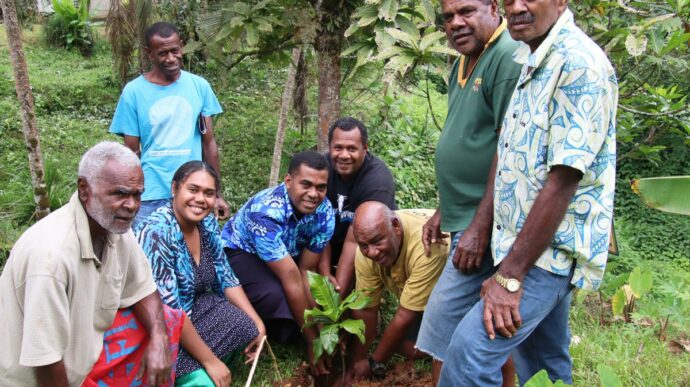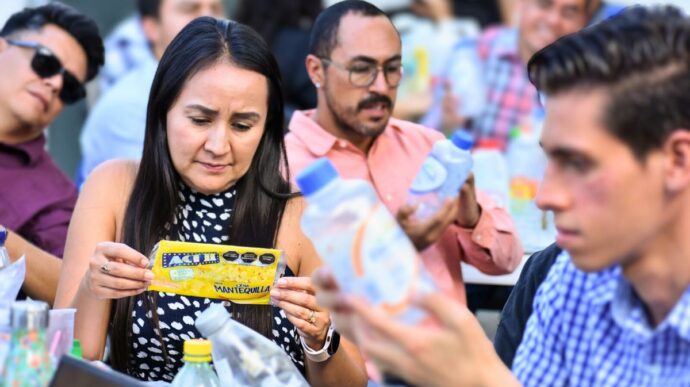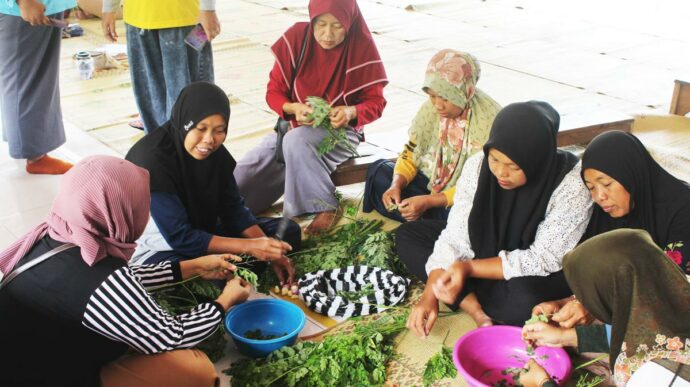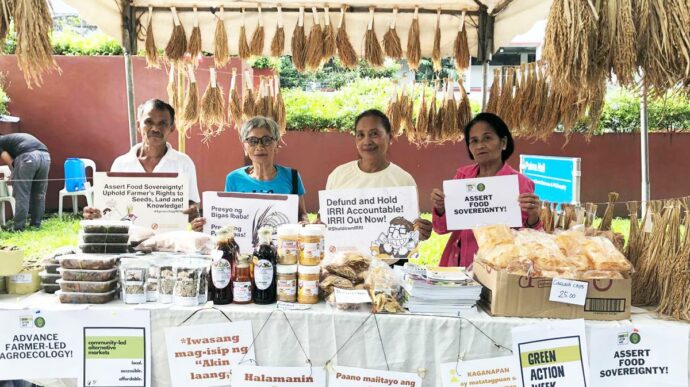Tag: sustainable farming

Green Action Week participants focus on renewable energy solutions
The production of energy from non-renewable fossil fuel resources is not sustainable and the production, generation and distribution of energy is a primary driver of greenhouse gas emissions, which are causing climate change. While there is a shift towards the use of renewable energy sources (wind, solar, hydropower), the transition is not happening fast enough to mitigate climate change. Several participants of the 2023 Green Action Week focused their campaigns on supporting the transition to renewables.

Green Action Week: Upcycling, Recycling, Reducing Waste
Bringing about sustainable consumption relies on significantly reducing and eventually eliminating waste. Waste refers to anything that is discarded through the production cycle or after consumption. If not reused, recycled or upcycled, waste (clothing, food, electronic, plastic packaging etc.) accumulates in landfills and natural spaces. As waste decomposes over time – and for some products that could be several lifetimes – it releases chemicals and other compounds into the air, soil and water bodies. These pose a health risk – to people and to ecosystems. The circular economy approach focuses on reusing and recycling resources to make the most of them throughout their lifecycle. Many Green Action Week campaigns focused on reducing and recycling waste and boosting a circular economy approach.

Green Action Week Participants Reclaim Indigenous Seed and Knowledge
When we lose indigenous and local varieties of food and seed, we also lose the knowledge and cultural identity associated with it. Local and indigenous varieties tend to be more resilient to climate change, are increasingly being recognised as having higher nutritional value, and are embedded into many social and community rituals. Several Green Action Week participants used their campaign to raise awareness of the benefits of these varieties, often showcasing ways to prepare and cook them.

Green Action Week Promotes Uptake of Sustainable Food and Farming Systems
Food is not a commodity, it sits at the heart of social life, part of many cultural customs and identities. When food is abstracted into a commodity, often made far away from the place of consumption, the resources used to make it are not visible, how it is made is not transparent, and payment for it takes money out of local economies. We need to revive food cultures that support local producers, consume seasonal and nutrient-dense, chemical-free foods, and that support beneficial community life. Many of the Green Action Week 2023 participants used their campaigns to show how food and farming can be reimagined as a cultural and community good.